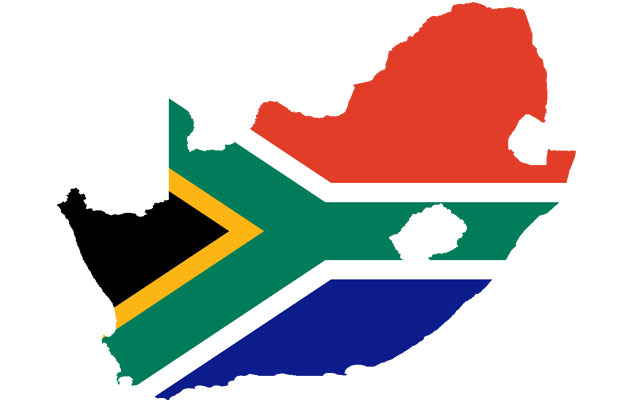
Six days before South Africa holds local government elections, the ANC trails the main opposition party in three key cities, including Pretoria and Johannesburg, according to an eighth and final public opinion survey commissioned by broadcaster eNCA.
ANC support rose by three points to 26% in the Tshwane municipality, which includes the capital, Pretoria, while the Democratic Alliance gained one point to 41%, according to the poll, which was compiled for eNCA by research company Ipsos.
The Economic Freedom Fighters lost two points to 11%, while 11% of those surveyed were undecided.
In Johannesburg, the commercial hub, the ANC had 32% backing, up one point from the week before, the DA held steady at 36% and the EFF maintained 9% support, according to the poll. Thirteen percent of those surveyed in the municipality were undecided, it said.
All eight polls commissioned by eNCA show support for the ANC has slipped in urban areas, as a 27% unemployment rate, a lack of basic services and a succession of scandals embroiling party leader President Jacob Zuma takes its toll.
The ANC has won more than 60% of the vote in every election since white minority rule ended in 1994.
“The ANC is set to lose substantial support, but we need to be cautious about the extent of that loss,” Gary van Staden, an analyst at NKC African Economics in Paarl, near Cape Town, said by phone.
“The worst-case scenario is that they may have to look for some sort of coalition rule, particularly in Tshwane and Nelson Mandela Bay.”
Support for the ANC in Nelson Mandela Bay, which incorporates the city of Port Elizabeth, rose two percentage points in the past week to 30%, the DA rose by the same margin to 44% and the EFF retained 6% support, the poll showed. Eleven percent of those surveyed in the municipality were undecided.
“The critical factors in all three of these major cities will be what the undecided voters do and what the voter turnout will be,” eNCA said. “These elements could still swing all three cities in the 3 August ballot.”
Undecided voters
The ANC, DA and analysts have questioned whether the poll is an accurate indicator of the likely outcome of the vote, because of the high proportion of undecided voters, the small sample size of 1 500 respondents and the fact that all interviews were done by telephone.
“You can say it is neck and neck between the DA and ANC in both Nelson Mandela Bay and Tshwane,” said Jonathan Mokes, head of election strategy for the DA, which has been running its own surveys that have yet to be released. “The battle is going to come right down to election day.”
The poll had a margin of error of between 1,2% and 2,8% in Johannesburg, from 1,6% to 3,7% in Pretoria and between 2,5% and 5,7% in Nelson Mandela Bay, according to eNCA. — (c) 2016 Bloomberg LP
- Reported with assistance from Sam Mkokeli and Amogelang Mbatha




